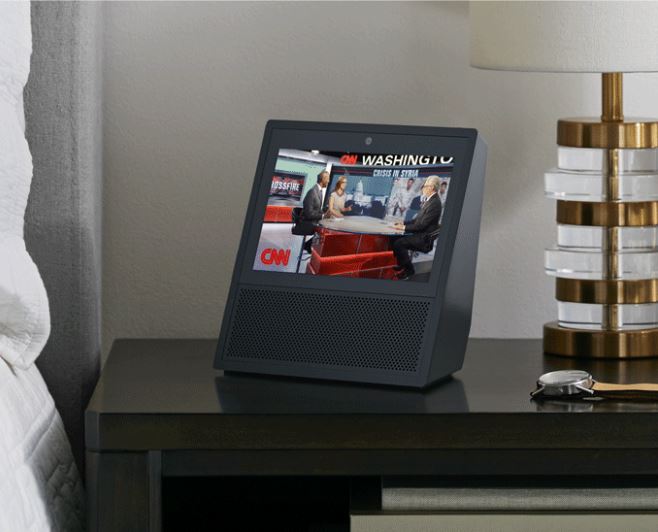Amazon Cloud cam security cameras are proving to be a pretty popular offering, providing customers with peace of mind by keeping an eye on their homes and offices for them. The promotional material that backs the cameras says that they provide you with everything you need to monitor your homes. The question now is this: Exactly how true are those claims and is this really a good thing?
A Bloomberg report has shed some light on what exactly is happening to video streams that goes through the Amazon Cloud Cam. The report cites five people who have been connected with the program in one way or the other.
According to sources which Bloomberg interacted with, along with artificial intelligence as promised by Amazon, dozens of human employees based out of India and Romania are also reviewing these clips. The reviewed clips are used to train the AI to better differentiate between events. What’s more, an Amazon team also transcribes the commands received by the Alexa smart assistant.
While Amazon has taken cognizance of these reports and insisted that the clips in question come from volunteers and employee testers, Bloomberg’s source says that oftentimes the clips include activities that are rather unlikely to have been submitted voluntarily, for example, people in coitus. While the Amazon statement said that inappropriate content is flagged and not used to train the AI, they did not explain how this made its way to the overseeing team in the first place. This is also in violation to the Cloud Cam policies. As per a Q&A on the Amazon website:
Only you or people you have shared your account information with can view your clips, unless you choose to submit a clip to us directly for troubleshooting. Customers can also choose to share clips via email or social media
The source also said that while employees in charge of reviewing these clips work on restricted floors where even mobile phones are not allowed. However, these measures have not been enough to prevent clips being passed to non-members.
Meanwhile, according to Bloomberg’s sources, they are not sure how exactly Amazon selects the clips that are sent to human reviewers. For instance, they said that there were clips where there were no apparent technical glitches or cause for troubleshooting.
At an event earlier in the week, David Limp, in-charge of Amazon’s Alexa and hardware teams, touched upon the theme when he said:
If I could go back in time, that would be the thing I would do better. I would have been more transparent about why and when we are using human annotation.
This is not the first time that something like this has come to light. Google and Apple also had similar, human-overseen review programs running. This caused an uproar in Europe with both the companies subsequently pausing human intervention. Amazon on the other hand, dealt with it by providing Alexa users with the option to exclude their voice recordings and also clearly stated in its privacy policy that humans could potentially be privy to customer sounds.
Meanwhile, if you use Cloud Cam or any other smart device, we would advise you to read the fine print very carefully, and make sure what terms and conditions you are okay with before giving these smart assistants unmitigated access into your life.
The Tech Portal is published by Blue Box Media Private Limited. Our investors have no influence over our reporting. Read our full Ownership and Funding Disclosure →






